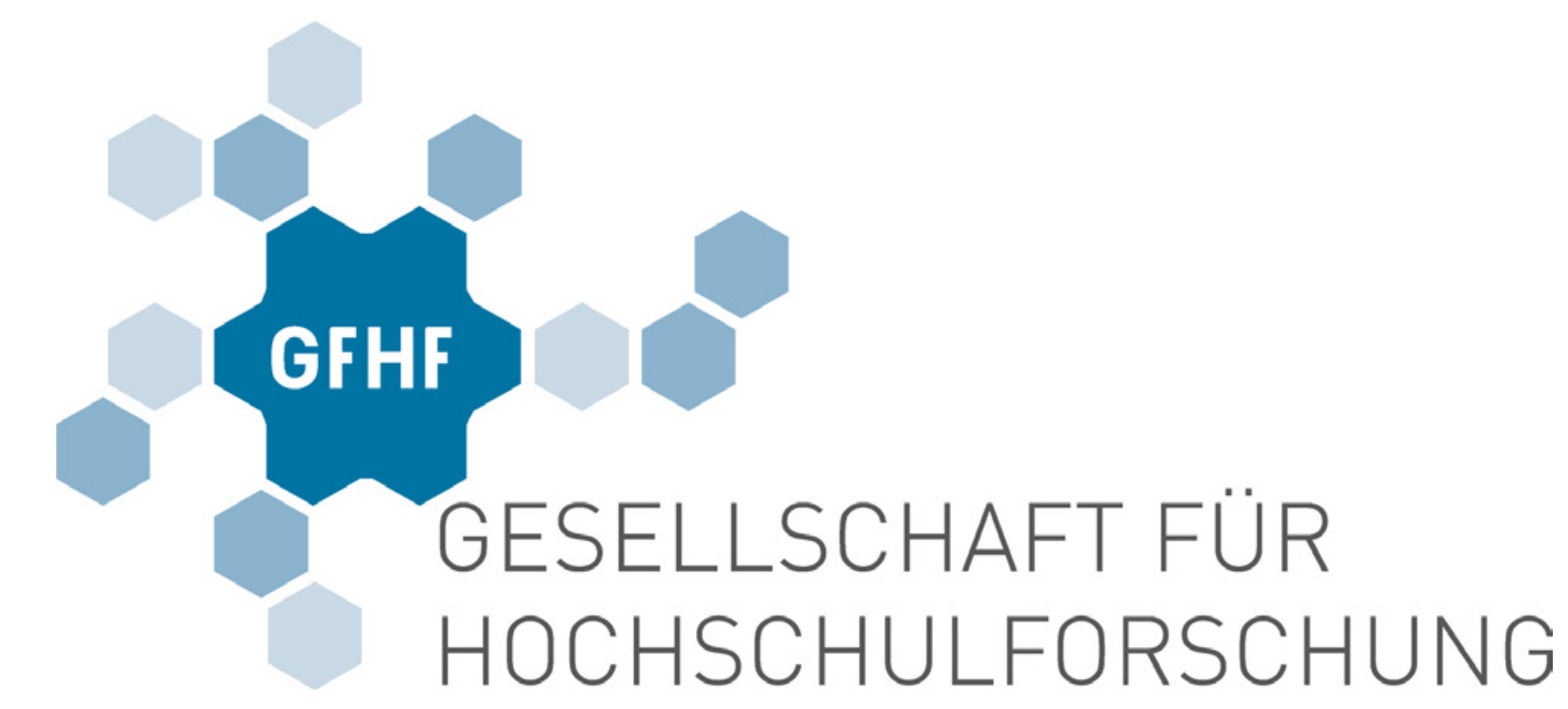Wissenschaftscoaching.com, Berlin, Deutschland
Writing to think, writing to learn, writing to develop, writing to research: According to Kruse (2007,15) the process of writing itself constructs knowledge and is an essential part of researching. And processes of research are processes of learning (Huber 2014, 24). So there are already several preinstalled aspects of learning in an academic writing course to potentially develop personality.
Further, a research-based (Healey 2005, p. 70) course design instructs and facilitates students learning in researching and (preparing to) writing. Using a methodological participatory action research approach I become students “process facilitator” (Fox/Martin/Green 2007, S. 53) as both researcher and higher-education teacher.
Specifically, the intersection of critical thinking and emotional literacy will be examined as a field of learning in the journey towards individual sovereignty: acting on one’s own authority, representing one’s interests responsibly and self-determinedly.
Researching the emotional dimension of (academic) writing processes is relevant because students’ writers’ bloc is more than a cognitive problem. Emotional strain and pressure are prone to coincide with the production of academic texts and may play a significant role in students’ decision to drop out. Additionally, high levels of perceived distress are a major problem in higher education (Larcombe, Finch, & Sore, 2015).
Therefore emotional literacy is set as a constructive aim: the ability to perceive, discern, “spell out” and develop adequate coping with emotions. Intertwined with critical thinking approaches the potential of emotional literacy will be analysed to 1) to alleviate students distress 2) to build and strengthen individual resources 3) to enhance the depth, motivation, sustainability and creativity of learning in higher education and 4) to develop individual sovereignty in academic writing processes.
By the time of the conference preliminary results and reflections on the data gathering actions will be available from courses in February and March 2020. I expect to find out if and how a specific course can become a space for learning and developing personality through and beyond academic writing in the cross-section of science, practice and the individual. The results could inform the individual responsibility in shaping higher-education teachers and ultimately lead to a more satisfying academic environment and experience.
References:
- Fox, M./Martin, P./Green, G. (2007): Doing practitioner research. London: Sage Publications.
- Healey, M.(2005): Linking research and teaching: exploring disciplinary spaces and the role of inquiry-based learning. In: Barnett, R.(ed)(2005): Reshaping the University.
- Huber, L. (2009): Warum Forschendes Lernen nötig und möglich ist. In: Huber/Hellmer/Schneider (Hg.): Forschendes Lernen im Studium.
- Kruse, O. (2007). Keine Angst vor dem leeren Blatt: Ohne Schreibblockaden durchs Studium.
- Larcombe, W., Finch, S., & Sore, R. (2015). Who’s Distressed ? Not Only Law Students : Psychological Distress Levels in University Students Across Diverse Fields of Study. Sydney Law Review, 37, 243–273.
Video
Themenbereiche
- Englisch
Autoren
Downloads
Slot
- T1 Vorträge 2 (11∶45 13∶00)
Teilen Sie diesen Beitrag
![]()


Some thoughts on your presentation: The scales and methods + the pre-post-design that you use are convincing. Apparently, your course is successful in helping students feel more confident and secure around writing – which is great! However, I missed the link between your preliminary findings and the research questions. I understand that your questions is “HOW can academic writing training facilitate students’ sovereignity?”. So wouldn’t it be quite interesting to ask students directly wich aspects of the course were beneficial for them in that regard (/which of their psychological needs were met) and which improvements they would suggest? In my opinion, this (small) step in the direction of action/ design based research would fit very well with what you do.
And one additional question: How can the use of active/ passive voice be indicative students‘ sense of authorship when passive voice is typical for academic writing in general (=something which can be expected of them in an academic context)?
Über Nachrichten und Kommentare freue mich und bin für Austausch via Mail gut und sehr gerne erreichbar: info@wissenschaftscoaching.com
Herzliche Grüße,
Juliane
P.S.: Titel und Text der Webseite entsprechen dem Stand des Projekts vor 6 Monaten. Video, Skript und Abstract sind das Frischeste, was ich gerade habe 😉
P.P.S.: Neugierig wäre ich z.B. auch auf Erfahrungsaustausch, wie sich die aktuelle „E-Learningisierung“ der Hochschullehre auf die Inhalte speziell von scientific education als Personlichkeitsentwicklung auswirkt.